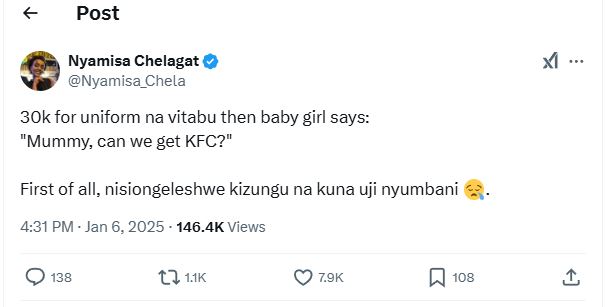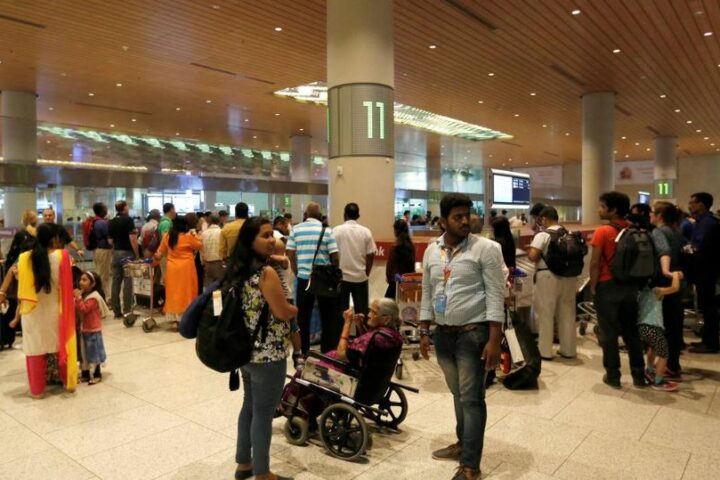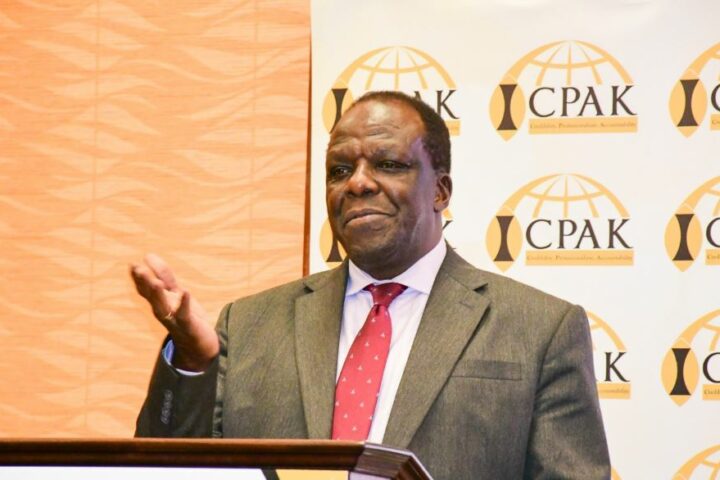 The Kenyan government plans to raise license fees for satellite communication service providers, significantly increasing operating costs for major players, including Elon Musk’s Starlink. The move aims to regulate and manage the growing satellite internet sector in the country.
The Kenyan government plans to raise license fees for satellite communication service providers, significantly increasing operating costs for major players, including Elon Musk’s Starlink. The move aims to regulate and manage the growing satellite internet sector in the country.
In December, the Communications Authority of Kenya (CA) announced new proposals to revise the Satellite Landing Rights (SLR) license. This license allows companies to establish their satellite signal presence in Kenya. Under the new plan, the initial SLR license fee will rise from $12,500 (approximately Ksh.1.6 million) to Ksh.15 million.
Additionally, the CA proposes an annual operating fee of Ksh.4 million or 0.4% of the company’s annual gross turnover, whichever is higher. These changes are part of the Review of the Telecommunications Market Structure 2024, currently open for public feedback. Stakeholders have until January 23 to submit their comments, with the regulations set for implementation in the 2025/2026 financial year.
The CA stated that the review aims to address and remove “certain market entry and operational barriers identified over time.”
As part of the reforms, the CA plans to merge the Submarine Cable Landing Rights (SCLR) license, which is granted to companies laying submarine cable systems, with the SLR license. This merger will create a new category called the Landing Rights License (LRL).
The LRL license will apply to entities establishing terrestrial cables transiting through Kenya to neighboring countries, satellite hubs serving clients outside Kenya, and other satellite services like telemetry, space research, and meteorological aids. The CA emphasized that this change promotes technology neutrality and broadens the scope to attract more investors.
Companies will also need to pay a Ksh.5,000 application fee for a 15-year license term under the proposed changes.
The new proposals follow protests from existing players in Kenya’s internet market, such as Safaricom, over the entry of satellite internet providers.
Safaricom, which dominates 36.7% of Kenya’s fixed broadband market, asked the government to reconsider granting licenses to satellite internet providers. The company warned that allowing independent satellite service providers could lead to illegal connections and harmful interference with mobile networks.
“We propose that the CA mandate satellite providers to operate only through agreements with existing local licensees,” Safaricom suggested. The telco expressed concerns about potential interference with mobile networks, which could negatively impact users and socio-economic benefits.
Starlink, which entered the Kenyan market in July 2023, has quickly emerged as a significant competitor. Offering competitively priced internet packages with superior speeds, Starlink has become the country’s tenth-largest ISP. By June 2024, Starlink had over 8,000 subscribers, according to CA data.
However, in November, the company paused new subscriptions in Nairobi and nearby regions, including Kiambu, Machakos, Narok, Murang’a, and Nakuru, citing network capacity overload due to rising demand.








